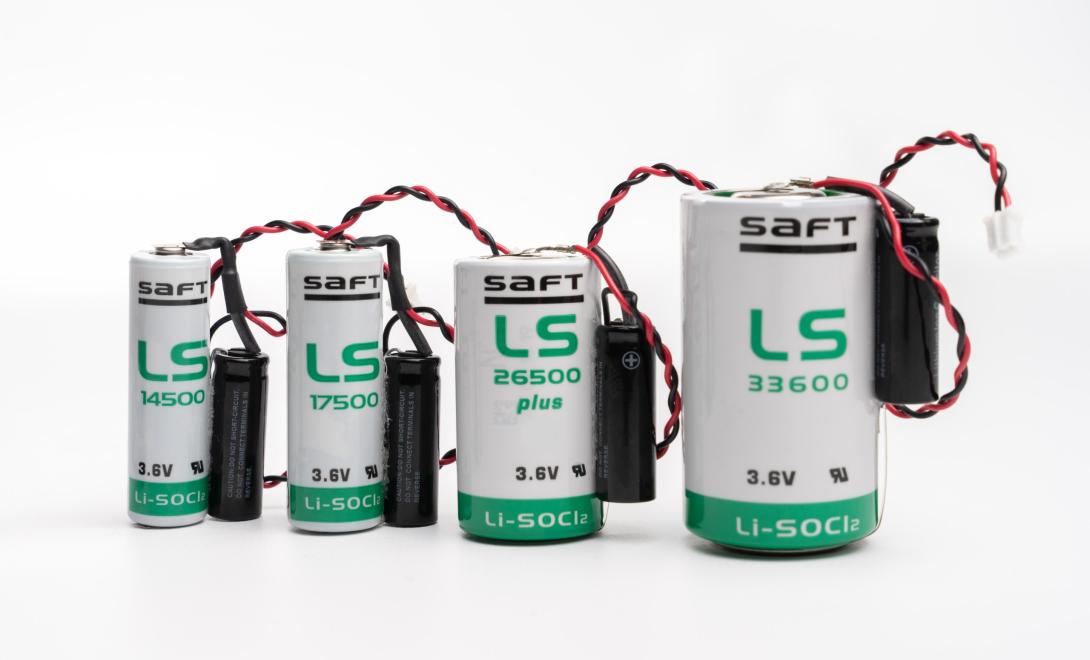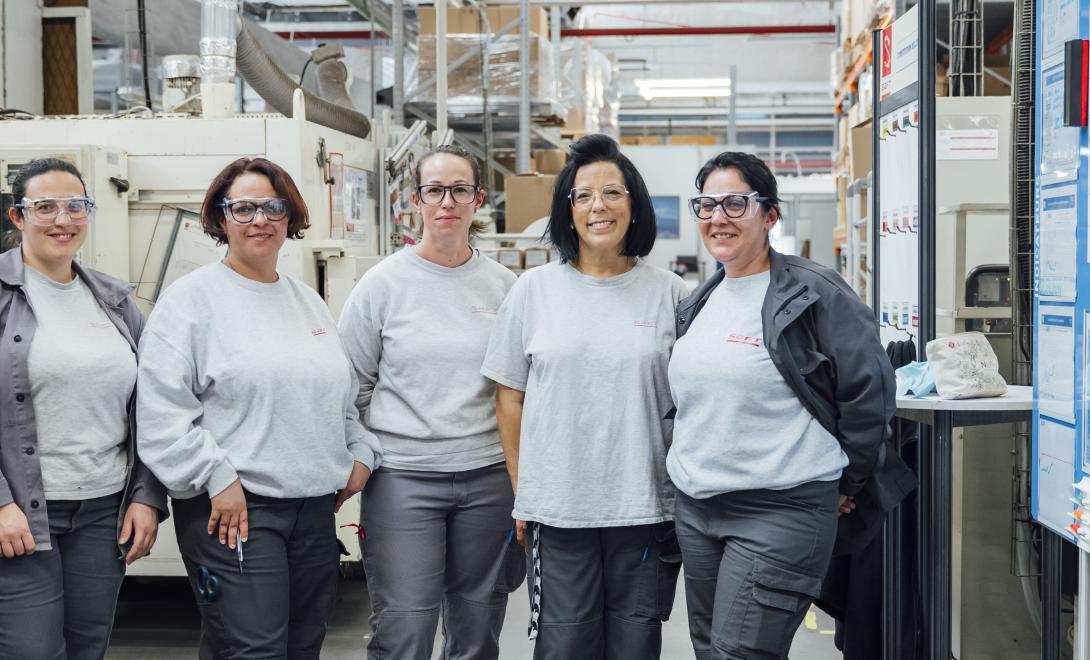
Bordeaux’s hybrid electric ferry provides clean and quiet river operation
Diesel-electric ferries give quiet and low-emission operation as well as saving fuel costs for Keolis.
Keolis, France’s largest private sector transportation group, has run the transport system for the city of Bordeaux in southwestern France since 2009. The city’s government, the Urban Community of Bordeaux (CUB), is moving towards meeting stringent environmental targets by introducing greener public transport. As part of this effort, in 2012 Keolis introduced two new hybrid diesel-electric ferry boats on the Garonne river, carrying around 200,000 passengers and their bicycles every year.
The challenge: Six hours of fully-electric propulsion
Low-emission reliable ferry operation means that Keolis wanted the ferry boats’ battery systems to store enough energy for six hours of fully-electric propulsion every day (three hours in the morning and three hours in the evening) as well as supplying auxiliary loads such as lighting and communications. Since Bordeaux is a UNESCO World Heritage Site, it is vital that public transport has minimal impact, minimising CO2 and NOx emissions and noise as well as keeping operating costs down by reducing fuel costs.
The solution: Li-ion marine battery systems
Keolis turned to Saft for its Super-Iron Phosphate® Lithium-ion marine battery system. The system is designed for maritime energy storage and can deliver high-power and / or energy storage in a lightweight and compact package that is modular and can be scaled to meet the required duty.
- Energy storage capacity of 140 kWh on each ferryboat
- Stores power generated by the boats’ diesel engines
- Provides additional propulsion or standalone electric propulsion
- Operating temperature -25˚C to +55˚C
- Modular and scalable
Reliable and clean operation
The two sister vessels were launched on the river Garonne in 2012 and have since been transporting foot and cycle passengers along and across the river, using fully-electric operation during the two three-hour peak periods in the morning and evening. Fully electric operation has enabled Keolis to reduce both fuel costs and emissions.
- Batteries enable zero-emissions operation
- Significant savings on fuel
- Estimated lifetime of 10+ years
- Zero maintenance requirements
- Batteries can achieve 95% charge status within two hours
- Compact and lightweight battery leaves more space for passengers
Quality and reliability:
This project for the Garonne river shuttle service was an important early success for Saft in the marine propulsion market based on our well developed Li-ion technology. It is especially pleasing that one of the first applications for a hybrid boat battery system developed and manufactured at our facility in Bordeaux is of major benefit to the local community.
Related Articles, Stories & Events
Stories, Media & Events
<p>To ensure we can respond as efficiently as possible. Please complete this form which will be delivered to our team of experts who will help you with your enquiry.</p>

